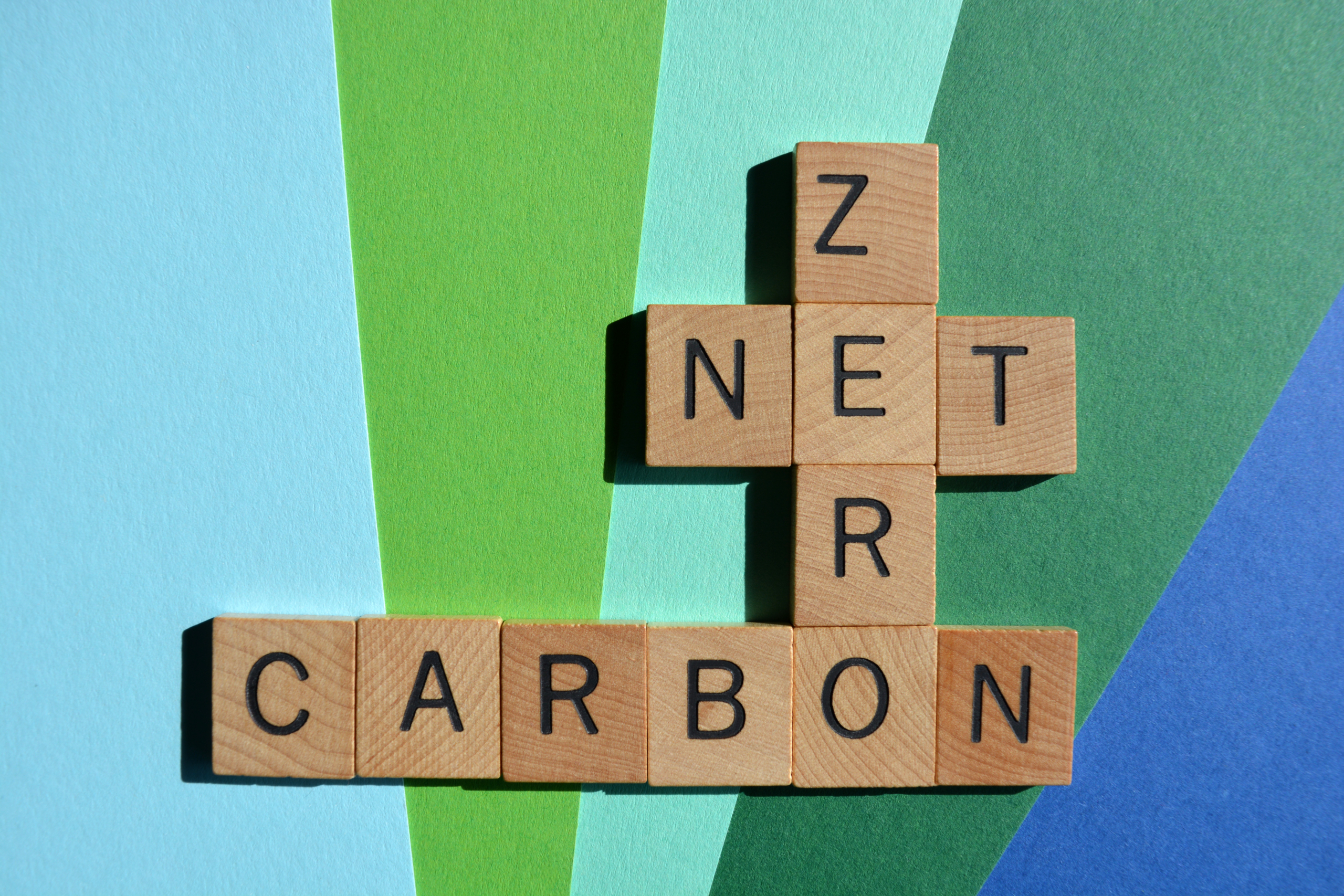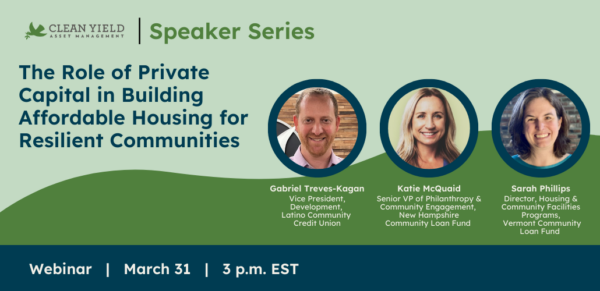Prioritizing pathways to net zero

Clean Yield is pleased to announce that as of August 2021, nearly 50% of our approved investments have set ambitious climate targets, aligned with the goals of the Paris Agreement. This is a very promising figure when compared to just 30% of Fortune 500 companies. This announcement comes in light of the newly released Sixth Assessment Report published by the Intergovernmental Panel on Climate Change (IPCC). In this devastating report, 234 scientists from around the world summarized the current research on how the Earth is changing as temperatures rise – and how those changes will affect us in the future. The report highlights how little time we have to meet the goals laid out in the 2015 Paris Agreement to limit warming to well below 2 degrees Celsius. In order to do this, it is imperative that we reach net-zero global carbon emissions around or before 2050.
Recognizing the urgency to reach net-zero by 2050, Clean Yield reviewed our investments to see how our companies are doing in reaching that goal. To do this, we compiled a list of our approved investments that have made net-zero or science-based targets. Science-based targets are certified by the Science Based Targets initiative (SBTi) and are in line with the goals of the Paris Agreement. Setting a science-based target is considered the best practice for companies serious about addressing climate change.
Through this research, we noticed the following trends:
- Our European investments were more likely to have set targets than companies based in the U.S. They were also more likely to have stronger targets with shorter timelines.
- There is a lack of agreement on the terminology used (net-zero, carbon neutral, carbon free, carbon positive, etc.). This can lead to greenwashing and inconsistencies in the amount of carbon offsets that can be used.
- Companies utilizing carbon offsets to reduce their emissions were more likely to use the term “carbon neutral” or “net-zero.”
- Some companies use the term “carbon free” for their 2030 goal, as they are already “carbon neutral.” “Carbon free” does not utilize carbon offsets.
Overall, we were pleasantly surprised with the performance of the companies in Clean Yield portfolios. Almost half of the companies (47.4%) have set science-based or net-zero emissions targets, and numerous other companies have plans to set new, more rigorous targets. Of the companies that have not set net-zero or science-based targets, most of them have some sort of carbon emission reduction target.
We recognize that this is not enough. We would like to see all of our companies set net-zero and science-based reduction targets. For this reason, pressuring companies to set new targets will continue to be a priority in our shareholder engagement. We are hopeful that our continued efforts to dialogue with companies will increase the number of companies that have set ambitious emission reduction goals. We believe that every company has a responsibility to reduce emissions and help stave off the worst impacts of climate change.
More News & Insights
Upcoming Speaker Series: The Role of Private Capital in Building Affordable Housing for Resilient Communities
We invite you to join us on March 31 at 3 p.m. ET to participate in this critical conversation on affordable housing.
Proxy Voting: A Critical Tool for Individuals and Investors to Influence Corporate Behavior
Learn how proxy voting gives equity (stock) investors a powerful tool to pressure corporations to act more responsibly.
A New Kind of Meat
Through Clean Yield’s U.S. Sustainable Investment Forum membership, Liz Levy attended a meeting to gain insights on the emerging cultivated meat industry.


